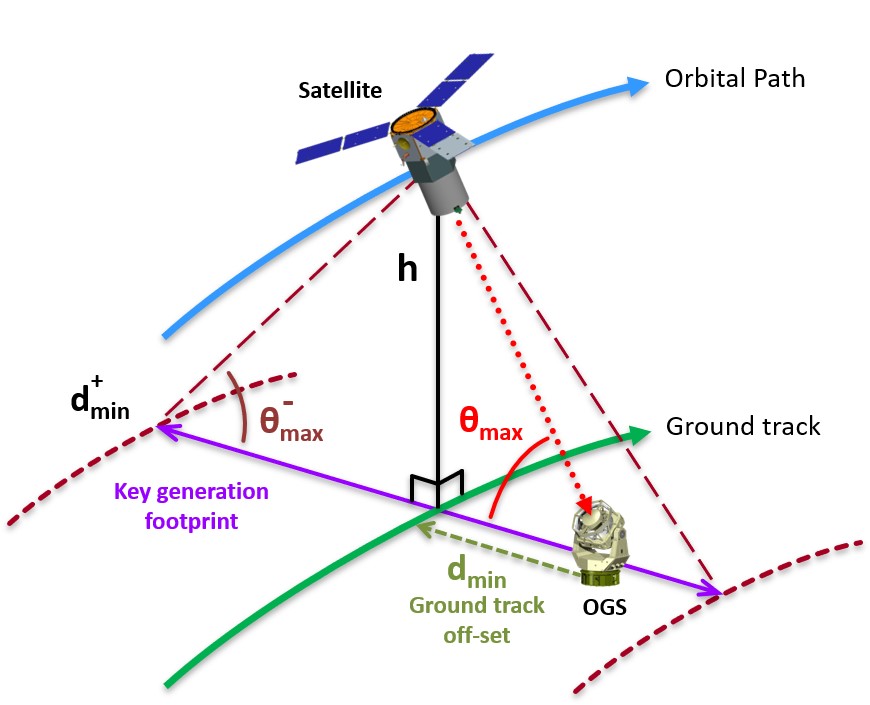Finite key effects in satellite quantum key distribution

A satellite has limited time to transmit single-photon level quantum signals to a ground station during a single overpass. Optimising the signals and processing them the data efficiently and securely is critical for the operation of satellite quantum key distribution.
Global quantum communications will enable secure data transfer over long distances and networked quantum information processing. In addition, other quantum technology applications will benefit from this quantum networked infrastructure.
Quantum communication networks are emerging in large metropolitan regions but are difficult to connect over long distances. Satellites provide a natural platform to scale quantum-secure communication networks to continental, intercontinental and global scales.
The first realisations of satellite quantum key distribution (QKD) technologies are being rapidly developed. However, the limited contact time window between satellite and ground station severely constrains the amount of secret key that can be obtained.
A team at the University of Strathclyde, led by Dr Daniel Oi, explored this effect of limited transmission times and analysed its implications on satellite quantum communication mission design and operations, and their findings have recently been published in npj Quantum Information (“Finite key effects in satellite quantum key distribution”, Jasminder S. Sidhu, Thomas Brougham, Duncan McArthur, Roberto G. Pousa, Daniel K. L. Oi, npj Quantum Information https://doi.org/10.1038/s41534-022-00525-3). The study quantified the performance limits of satellite QKD systems and examined the effects of link efficiency, background light, source quality, and overpass geometries to estimate long-term key generation capacity. Lead author, Dr Jasminder Sidhu explained, “along with being used to inform the design and analysis of future missions, the findings may be used to establish performance benchmarks for both sources and detectors of quantum signals in space.”
This work is a step towards the long-term goal of a global quantum network that can support enhanced technologies known as the quantum internet. More currently, it is helping support the development of the UK’s satellite QKD In-Orbit Demonstrator mission being developed by the Quantum Communications Hub of which Strathclyde is a member.
To support their research, the team developed a modelling and analysis toolkit, SatQuMA, to evaluate the performance of satellite QKD systems. To improve accessibility, SatQuMA has been made open source and is available on GitHub.
February 2022